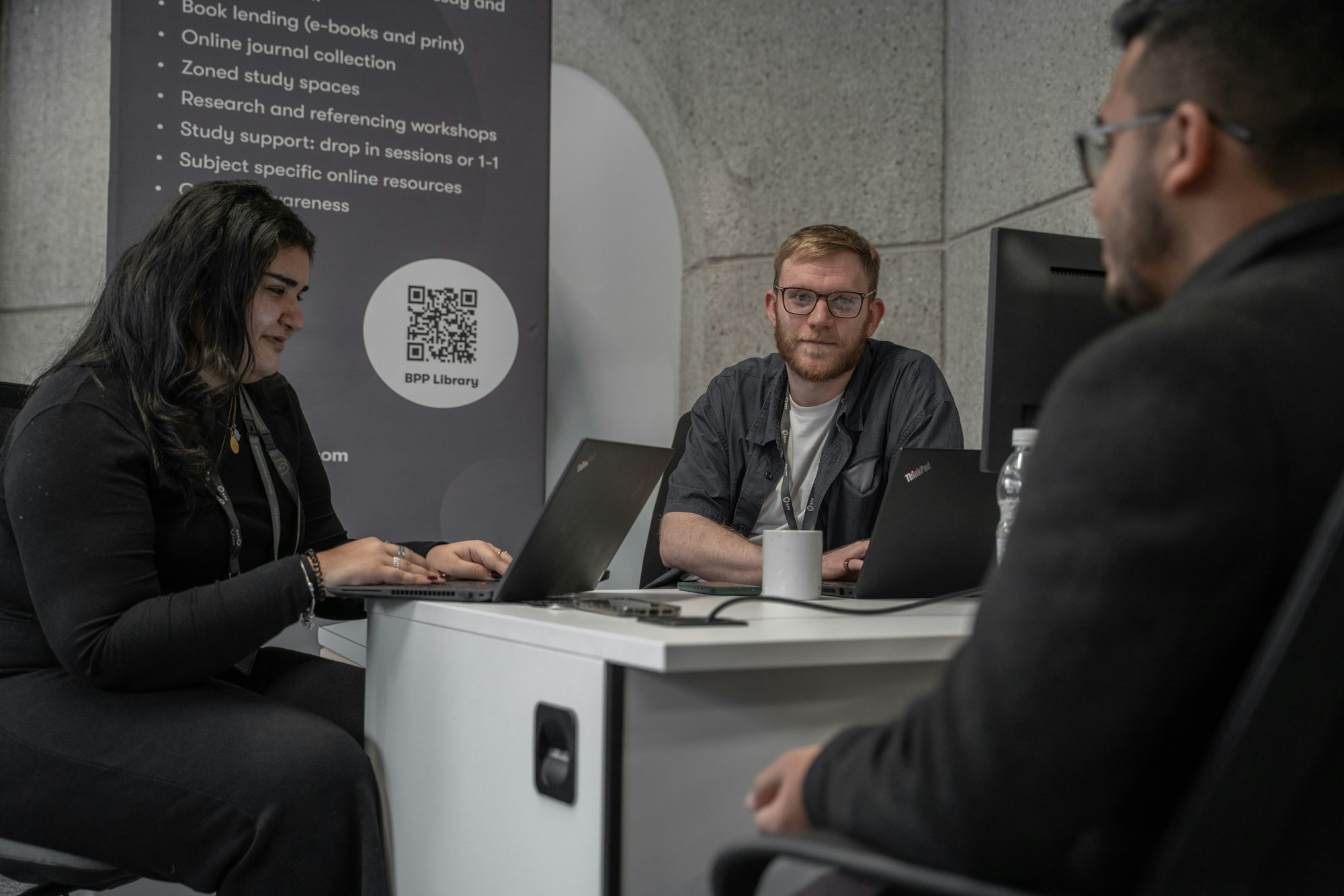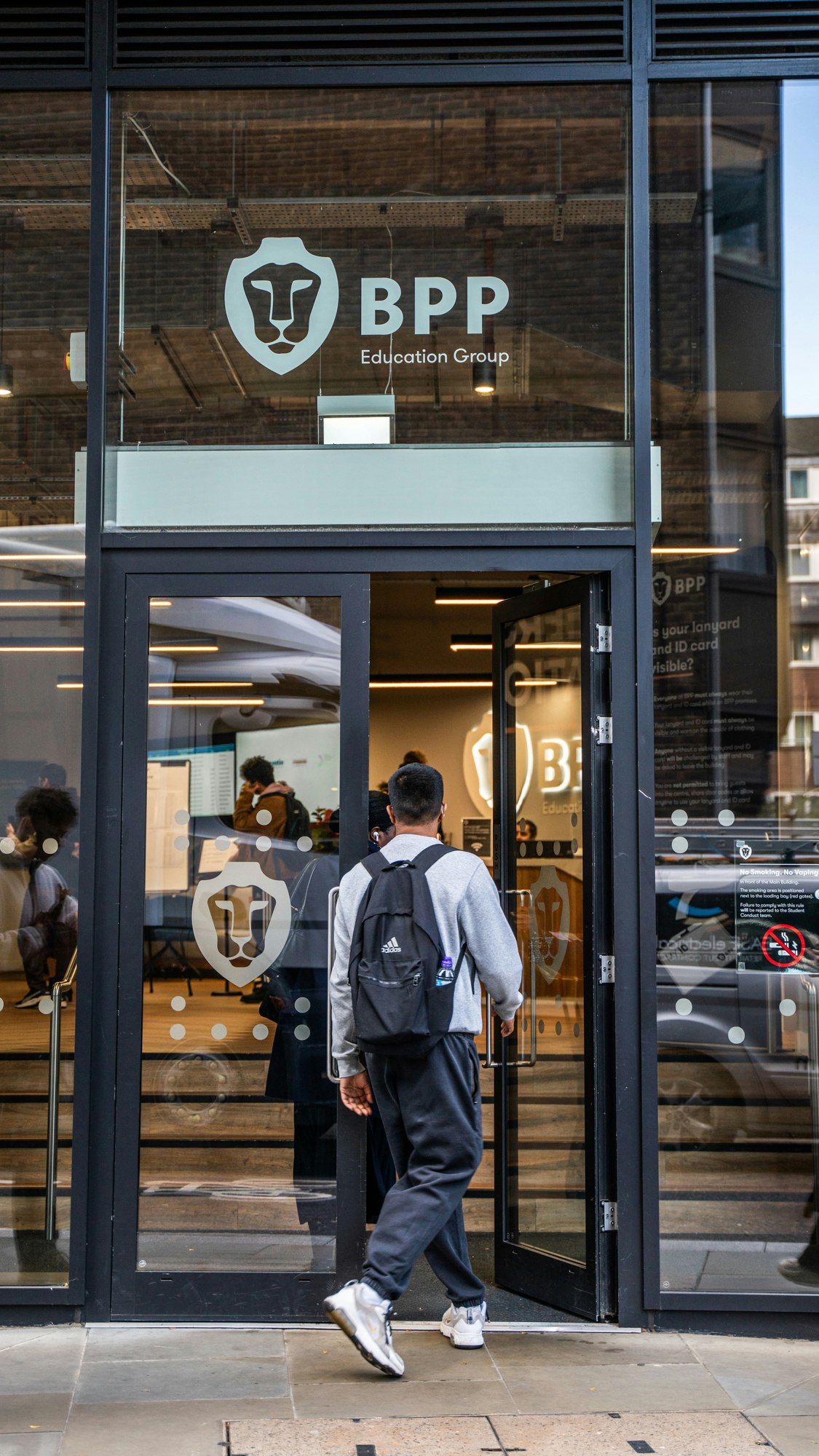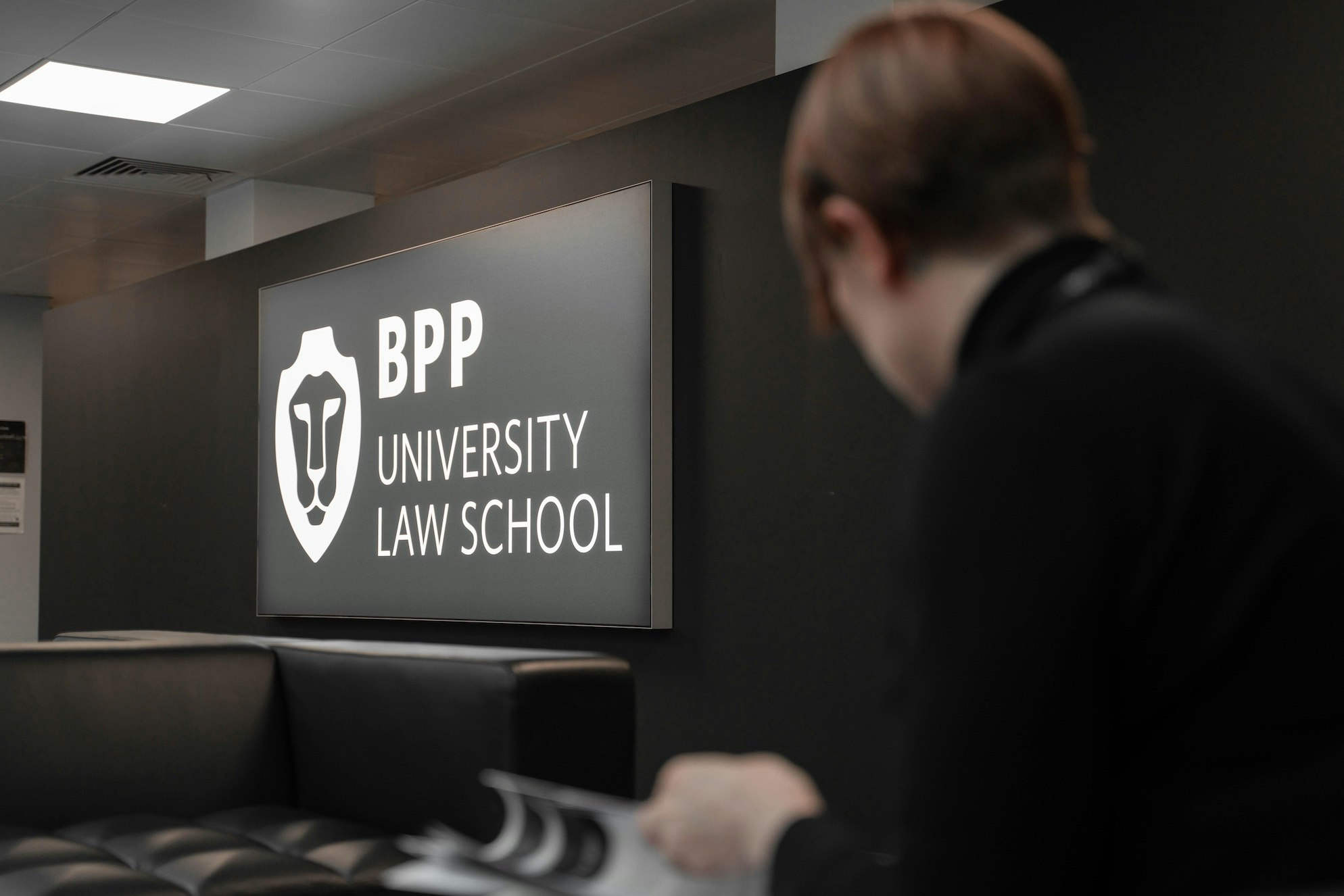A guide to Qualifying Work Experience (QWE)
If you’re exploring a career as a solicitor, chances are you’ll have seen that Qualifying Work Experience (QWE) is a requirement. But what exactly is QWE, what does it entail, and how do you achieve it? In this guide, we’ll answer all of those questions and more, ensuring that you’re in the best possible position to embark on your QWE journey.
Jump to
What is QWE?
Qualifying Work Experience (QWE) in law is an essential step in qualifying as a solicitor under the Solicitors Qualifying Examination (SQE) framework. Unlike traditional training contracts, QWE offers flexibility, allowing aspiring solicitors to gain practical experience in diverse legal settings.
Whether working in a law firm, an in-house legal team, or a pro bono legal service, QWE provides valuable, real-world experience that develops your legal skills and prepares you for professional practice. You can gain relevant expertise in your preferred legal field by tailoring your QWE to align with your career aspirations.

Why does QWE matter?
The legal landscape is evolving, and so is the route to qualification. QWE represents a significant shift from the traditional training contract model, offering aspiring solicitors greater flexibility and accessibility as they embark on their legal careers. But why exactly is QWE so crucial in today's legal context?
Flexible: Complete your required two years of experience in up to four different organisations.
Accessible: Gain experience through various roles, including paralegal work and legal volunteering.
Practical: Develop key legal skills through hands-on involvement in real cases.
Personalised: Take control of your qualification journey and shape your legal career path.
QWE ensures you are job-ready, bridging the gap between academic study and practical legal work. With multiple routes to completing QWE, you can create a journey that suits your ambitions.
Understanding the transition to QWE
Previously, solicitors had to complete a two-year training contract before qualifying. The introduction of QWE has removed this rigid requirement, allowing candidates to gain experience in various settings rather than being restricted to one employer. This shift creates new opportunities for aspiring solicitors to develop skills through alternative routes such as legal volunteering and in-house legal work.
What counts as QWE?
To qualify as QWE, your legal experience must involve providing legal services and developing key solicitor competencies. Recognised forms of QWE include:
Key QWE requirements
To ensure your QWE law work experience aligns with the Solicitors Regulation Authority (SRA)'s standards and contributes meaningfully to your qualification journey, there are key QWE requirements you must fulfil.
Legal work involvement: Your experience must be substantive and related to legal services.
Supervision: A qualified solicitor or authorised individual must oversee your work.
Flexible timing: You can complete QWE before, during, or after SQE 1 and SQE 2.
Official confirmation: Your experience must be recorded and verified with the SRA.
Completing QWE across multiple organisations can enhance your experience and provide a well-rounded perspective on legal practice.
How QWE compares to a training contract
Unlike a traditional training contract, QWE does not have to be undertaken in a single organisation. This flexibility allows candidates to gain legal experience in multiple settings, developing a broad skillset and expanding their professional network.
What are the competencies, and how many do you need?
The SRA competency framework outlines the essential skills solicitors must develop. These include:
Ethics, professionalism, and judgment – Understanding professional responsibilities and ethical challenges.
Technical legal practice – Conducting research, drafting documents, and analysing legal principles.
Working with others – Communicating effectively with clients, colleagues, and external professionals.
Managing yourself and your work – Handling caseloads, meeting deadlines, and staying organised.
There is no fixed number of competencies required, but your experience should provide sufficient exposure to these skills. Keeping track of competency development ensures your QWE meets SRA qualification standards.

Why competencies matter
Demonstrating competency is a key requirement for solicitor qualification. Employers seek candidates with practical skills, and the SRA uses competency-based evaluation to ensure solicitors are well-prepared for professional practice. By focusing on developing and showcasing these competencies during your QWE, you not only enhance your employability but also ensure that you are on the right track to meet the SRA's requirements for admission as a solicitor.
How to demonstrate and confirm work experience
Can past experience count?
Yes! Previous legal experience such as paralegal work, legal assistant roles, and pro bono projects—may count toward QWE if it aligns with SRA guidelines.
Steps to confirm your QWE
Secure supervisor verification – A qualified solicitor must confirm your work experience.
Document your experience – Keep detailed records of tasks, responsibilities, and developed competencies.
Log everything systematically – A well-maintained record simplifies QWE registration with the SRA.
Proper documentation not only helps with qualification but also provides valuable insights when applying for legal positions or preparing for the SQE assessments.
Common mistakes when recording QWE

How to register QWE
Once you have completed your two years of QWE, it is time to officially register it with the SRA. To officially recognise your QWE, follow these steps:
Keep accurate records – Track responsibilities, casework, and legal exposure throughout your placements.
Obtain supervisor confirmation – Your supervising solicitor must verify and confirm your experience.
Submit your QWE details – Register through the mySRA portal before applying for admission as a solicitor.
Registering early and maintaining detailed records can prevent delays in your qualification process.
Tips for a smooth registration process
Review SRA guidelines regularly – Ensure compliance with any updated regulations.
Systematically organise your records – This makes submission easier.
Seek guidance from legal training providers – Institutions like BPP can provide support in securing and registering QWE.
How to record and confirm QWE in mySRA
The mySRA portal is where candidates officially record and confirm their QWE. Follow these steps:
Log in to mySRA and navigate to the QWE recording section.
Enter details for each placement, including duration, tasks, and supervising solicitor details.
Upload verification documents from your supervisor.
Submit your records for review and confirmation.
Important considerations
When registering your QWE in mySRA, keep the following key points in mind:
Complete two years of QWE before applying for solicitor admission.
Each QWE placement requires separate verification.
SRA audits may occur, so ensure all records are accurate and up-to-date.
Keeping your records current will streamline the qualification process and avoid unnecessary delays.

Final thoughts
Your QWE journey is more than a requirement—it’s an opportunity to develop key legal skills, build a professional network, and gain real-world experience. The flexibility of QWE allows you to craft an individualised pathway to solicitor qualification.
At BPP, we support aspiring solicitors by offering SQE preparation courses, guidance on securing QWE placements, and expert career advice. By taking proactive steps now, you’ll not only meet the qualification criteria but also stand out in the legal profession with confidence and expertise.
You can also check out our SQExpert Jonny Hurst’s overview of QWE on his independent YouTube channel.
Frequently Asked Questions (FAQ)
Any legal work that develops solicitor competencies under the supervision of a qualified solicitor. This can include paralegal work, legal internships, pro bono work, and in-house legal roles.
Take the next step
By following this structured approach to QWE, you’ll be well on your way to qualifying as a solicitor and achieving your legal career ambitions.









